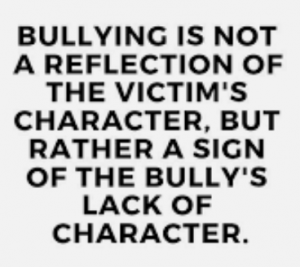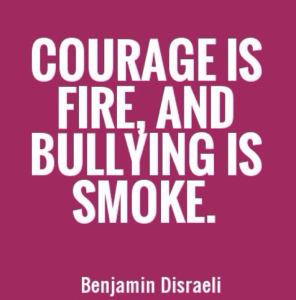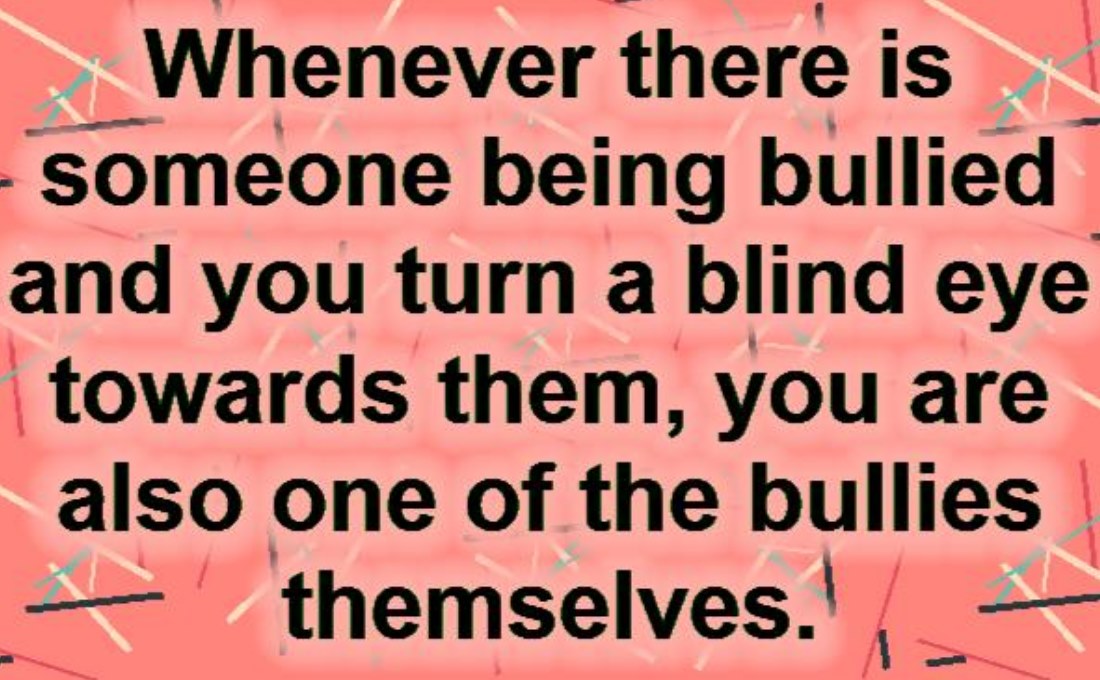Causes of Bullying
Preventing Bullying Requires Understanding the Causes of Bullying
Teenagers bully for many different reasons. Bullies dominate, blame and use others. They see weaker teenagers as their target and don’t accept responsibility for their actions. Bullies have unmet needs that they try to meet through bullying. For most bullies a number of factors combine to cause the bullying.
Power/Dominance
Teenagers who have high control needs or feel powerless in other areas of their lives are prone to bullying. Some teenagers may bully to create a world in which they can dominate and feel secure. Some teens bully to keep others from bullying them. And some teens bully just because they can.
Bias/Prejudice
More often than not, bullies will bully others because they are different. The differences range from body type, development or learning disabilities, and allergies, to race, religion or gender identity. the differences can also be related to how a person dresses, socio-economic status, being shy or socially awkward, or simply being new in the school.
Popularity/Social Status/Fitting in
Teenagers who are popular may bully to protect their status. Those that are trying to fit in or climb the social ladder may bully to put others down or to gain acceptance from those with the desired social status. Other teenagers may engage in bullying to avoid being singled out to be bullied themselves.

Revenge/Payback
Some teenagers who have been victims of bullies will bully others to gain a sense of control or seek revenge against a bully. These teens are both victims and bullies, which is a very confusing place to be. They may feel that their bullying is justified by their experience of being bullied.
Home Environment
Problems at home can precipitate bullying. Abusive parents or other adults, siblings that bully, or parents that are absent or providing little guidance can all be factors. Family adults may role model bullying and teenagers follow to affiliate with them. And many biases and prejudices may all be active at home.
Attention/Drama
Bullies are usually very focused on themselves. They need attention – I exist and am significant” “I need to be the center of attention.” The bullying may also be a “cry for help” that can’t be expressed directly. Bullying may also simply be a way to avoid boredom and add some excitement and drama.
Psychological Issues
Teens with self-esteem, anger, or impulse control issues are also likely to bully. Bullies are also likely to lack empathy, compassion, and caring. They may also be very sensitive and reactive to criticism.

The number of potential causes of teenage bullying and the various ways those causes of bullying can combine make it tough to counter. But it’s possible.
CyberBullying Makes it Easier
Cyberbullying makes it easier to bully because it is anonymous. So, “why bully” can seem more like “why not bully.” Bullies don’t have to face their targets directly, so it is easier to bully.
